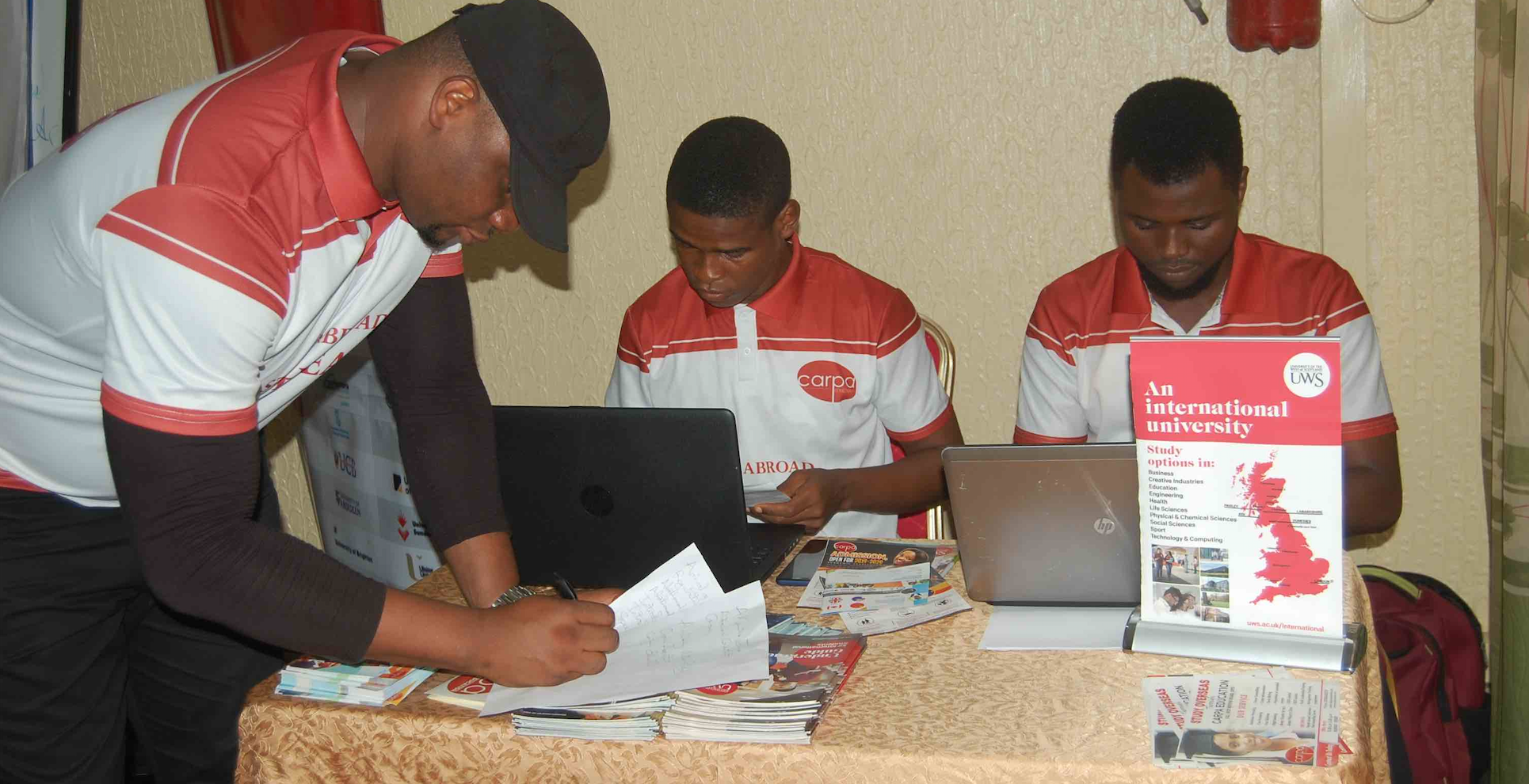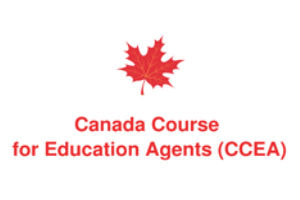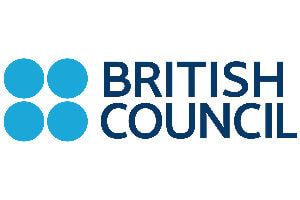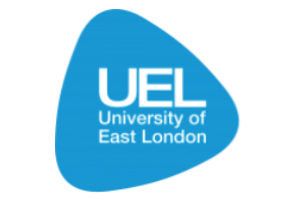

EDUCATION EXHIBITION
Before attending any exhibition, it would be useful to know what to expect, things you should already know and questions to ask before hand. Here are things you should be aware of before attending an education exhibition.
WHAT YOU SHOULD EXPECT
-
When you first enter an education fair which is ALWAYS FREE, such as the Carpa Education Fair, you are likely to be surprised by the vitality and energy of the room. Hundreds of students will talk enthusiastically with friends, family and admission representatives, seeking to achieve what is for many the opportunity of their dreams: find the perfect study destination for them.
You are likely to get scholarship information and thousands worth of tuition fee discounts in most cases.
Universities, colleges and schools around the world are represented and you are free to gather information, consider your options and perhaps even begin the application process in that room. What could be more exciting? You may not have already decided which country you want to attend university or college but at the end of the day you could have started your trip to the UK, Canada, China, Turkey or other destination counties of your choice.


WHO SHOULD ATTEND?
-
Some students like to attend the fairs alone; This is useful, as you will be able to hear from the representatives yourself and form your own opinion. We advice you attend together with one or both of your parents. Others, however, can go with family or friends. If you go with someone else, it may be good to make a plan beforehand;
Groups of people who are highly welsome include
1. Prospective undergraduate Students
2. Prospective Masters and PhD degree students
3. Parents and guardians and friends of prospective students
4. School councillors
5. Working professionals who plan to further their studies abroad
6. Owners of private secondary schools and education sector stake holders
QUESTIONS YOU SHOULD CONSIDER ASKING DURING EXHIBITIONS
-
As part of your research, write some questions or problems you would like to discuss. These can be very specific, or simply a checklist of topics, such as the structure of the course, the requirements for admission to the university, the application deadlines and the tuition fees. Don't do this too long, or you'll never get over it; aim for no more than five key points, focusing on the most important issues for you.
Example of relevant questions are as follows:
- The population of Nigerian and African students studying in your institution at the moment?
- The types of accommodation available on-campus, off campus, etc?
- Unique features of the courses on offer.
- Reviws and rating of the course?
- Entry requirement for your desired programme.
- The steps for application.
- The total cost of the course and living expenses.
- Career trajectory and employability of graduates in courses in your desired industry.
- Details about student life on campus.
- Which institution awards the qualification.
- Duration of the programme
- Types of personal /leadership development programme are available?
- The next intake and how soon you can start your application


HOW TO PREPARE FOR AN EXHIBITION
-
When you leave for the fair, make sure you have the following on your person:
- 1. A notebook with your prepared questions
- 2. A pen or pencil
- 3. Backpack to carry brochures
- 4. Identify any special area of interest in which your strength lies that you could pursue further
- 5. Discuss with parents /Guardian or other sponsors to make sure funding is available for your desired study abroad goal and if possible the yearly tuition budget range they can accept.
- 6. Determine which programmes you are most interested in studying.
POINTS TO NOTE
-
Finally, remember that while evaluating universities, university representatives at the event also look for the best applicants. This is not an interview, but it will not hurt to prepare as if it were one. So think about your appearance, how it is presented and the impression you are giving through the quality of the questions you ask.
The event itself is likely to go very quickly once it begins, so make sure you don’t get too caught up in one conversation and miss out on other opportunities. You could consider setting an alarm on your watch or phone to warn you when the event is nearly over, so you can make sure you’ve collected all the information you need. Event staff will announce the start of each presentation and panel discussion in advance, so listen out for announcements!
WHAT TO DO AFTER THE EXHIBITION
-
After the fair, you may feel a little tired from being on your feet for a while, from carrying around lots of literature on schools and from chatting to people for most of the day. That’s perfectly normal and you deserve a break for the rest of the day. But over the following days, you should read through the notes you made as well as the brochures of those places that particularly interested you. Resist dumping all of it somewhere in your house and forgetting about it.
If you realise now that you would like to know more, you can continue the process by contacting us or our representative at the fair - often we hand out information cards or contact details so you can contact us CARPA EDUCATION via phone or visit our office to further get to grips with what the institution can offer you.



















